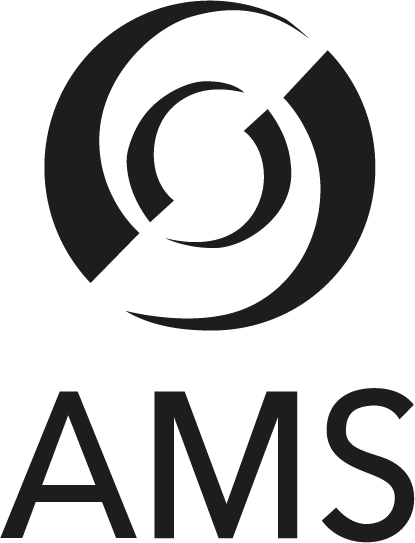NSN: 5925-01-474-3576
Circuit Breakers
CIRCUIT BREAKER
CIRCUIT BREAKER
ACT NOW! SUBMIT A QUICK QUOTE.
Technical Characteristics
-
Maximum Interrupting Capacity Current Type And Rating Per Pole In Amps
15.0 dc all locations
-
Case Material
plastic
-
Trip Release Method
thermal all locations
-
Circuit Protection Type
overcurrent all locations
-
Center To Center Distance Between Terminals Parallel To Diameter
0.100 inches nominal
-
Pole Quantity
2
-
Trip Release Ambient Temp Rating
40.0 deg celsius nominal all locations
-
Terminal Type And Quantity
1 bus bar
-
Ultimate Trip Rating Of Continuous Current Rating Per Pole In Percent
100.0 all locations
-
End Item Identification
2320-01-465-2174
-
Operating Voltage Type And Rating Per Pole In Volts
36.0 dc all locations
-
Body Diameter
0.820 inches nominal
-
Mounting Slot Width
0.820 inches nominal
-
Maximum Continuous Load Current Rating Per Pole
5.0 amperes dc all locations
-
Body Style
single pole type
-
Mounting Facility Type And Quantity
1 slot
-
Trip Release Characteristic
instantaneous single location
-
Bushing Length
0.570 inches nominal
-
Internal Trip Release Configuration
relay trip all locations
-
Part Name Assigned By Controlling Agency
circuit breaker, 5 amp
-
Mounting Surface To Terminal End Distance
1.350 inches nominal
-
Reset Method
automatic
Related Parts by Category
Related Manufacturers

 Certified to
Certified toAS6081 Methods









